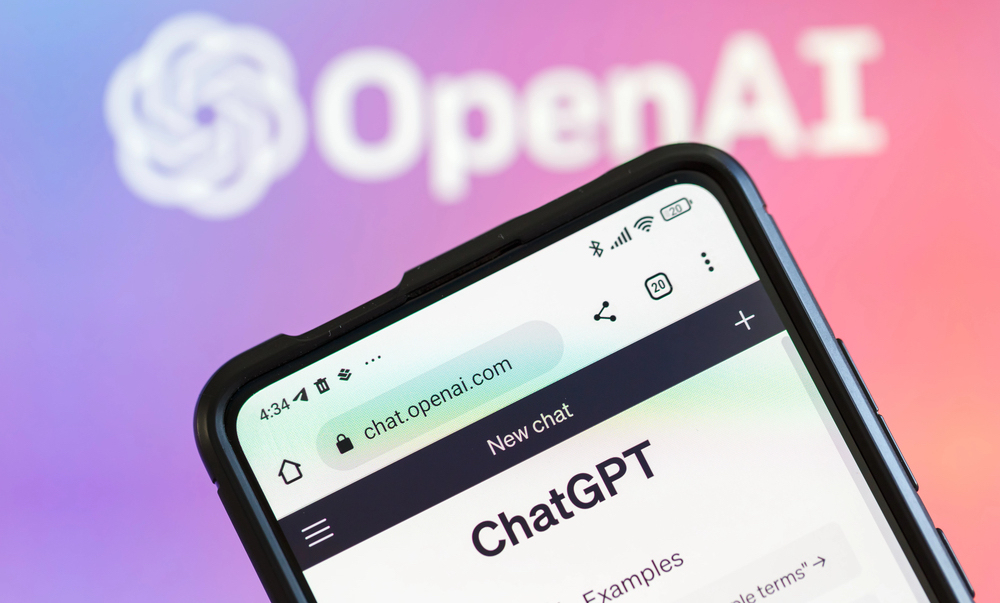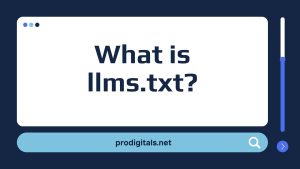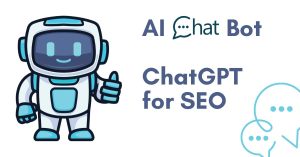OpenAI just dropped a game-changing update for ChatGPT, and it’s not just about answering questions or drafting emails anymore. The AI powerhouse has stealthily transformed its chatbot into a full-fledged shopping assistant, complete with product recommendations, real-time pricing, and direct purchase links. Fashion, beauty, home goods, electronics—you name it, ChatGPT’s got it covered. But this isn’t just another Amazon clone. It’s smarter, more transparent, and refreshingly ad-free.
Alongside the shopping rollout, OpenAI has beefed up ChatGPT Search with sharper citations, WhatsApp integration, trending topic insights, and autocomplete that actually works. The goal? To make search feel less like a chore and more like a conversation with your most tech-savvy friend.
What’s the Deal with ChatGPT’s Shopping Feature?
A Personal Shopper That Doesn’t Judge Your Late-Night Spending Sprees
ChatGPT’s shopping feature isn’t just a glorified search bar. It’s a curated experience. Ask for “vegan leather bags under $100,” and it’ll serve up a grid of options with high-res images, reviews, and links to buy. No endless scrolling. No sponsored listings masquerading as organic results. Just clean, relevant suggestions pulled from structured data feeds—not sketchy web scraping.
Here’s the kicker: ChatGPT doesn’t take kickbacks. Unlike Google Shopping or Instagram’s checkout tags, OpenAI isn’t monetizing this with affiliate links or paid placements. That means no hidden agenda. If it recommends a $20 Walmart spatula over a $200 Williams Sonoma “artisanal kitchen tool,” it’s because the data backs it—not because Walmart cut a check.
How It Works (Without Being Creepy)
Traditional search engines rely on keywords. ChatGPT? It reads between the lines. Tell it you’re allergic to synthetic fabrics, and it’ll remember. Mention you’re hunting for a laptop with 12-hour battery life, and it’ll filter out the overpriced paperweights. It’s like having a shopping-savvy bestie who actually listens.
The tech behind this is equal parts simple and genius:
- Structured Metadata: ChatGPT pulls product details from vetted feeds, not random blogs or sketchy third-party sellers.
- Contextual Memory: It recalls your preferences mid-conversation, so you don’t have to repeat “no polyester” six times.
- Bias-Free Rankings: No pay-to-play schemes. Products surface based on relevance, not ad spend.
The Nitty-Gritty: How to Shop Using ChatGPT
Step-by-Step: From “I Need This” to “Order Confirmed”
- Ask Naturally: Type or say, “Show me minimalist sneakers for wide feet.” No need for robotic keyword strings like “buy shoes men wide width.”
- Browse Visually: Results appear in a Pinterest-style grid—images, prices, and a one-click retailer link.
- Check Out Elsewhere: Click “Buy Now,” and you’re redirected to the seller’s site (Walmart, Target, etc.). ChatGPT doesn’t handle payments—yet.
Pro tip: The feature works even if you’re not logged in. No subscription? No problem.
Why This Beats Googling “Best Blender” for the 50th Time
Google Shopping is a minefield of paid ads and dubious “top 10” lists. ChatGPT cuts through the noise by:
- Aggregating Reviews: It analyzes sentiment across forums, Reddit threads, and verified purchases.
- Offering Unfiltered Opinions: No manufacturer can pay to bury negative feedback.
- Simplifying Comparisons: “Is this $300 air fryer better than the $80 one?” ChatGPT breaks it down sans marketing fluff.
Beyond Shopping: ChatGPT’s Search Upgrades
Citations That Don’t Make You Play Detective
Ever clicked a search result only to find the “source” is a 2008 GeoCities page? OpenAI’s new citation system tags facts with clear attributions. If ChatGPT claims “this coffee maker heats water fastest,” you’ll see the test data’s origin—no more blind trust.
Trending Insights (Because FOMO Is Real)
A “Trending” tab now highlights what others are searching for—like a smarter version of Twitter’s trending topics. Curious why everyone’s suddenly obsessed with mushroom lamps? ChatGPT’s got the backstory.
Autocomplete That Doesn’t Assume You’re Having a Midlife Crisis
Type “best,” and old-school search engines might suggest “best divorce lawyers” or “best antidepressants.” ChatGPT’s autocomplete leans practical: “best budget headphones,” “best plants for low light.” Small tweak, big sanity saver.
WhatsApp Integration: Search Without Leaving the Group Chat
Now you can DM ChatGPT inside WhatsApp to settle debates like “Is titanium cookware worth it?” No more screenshotting Google results like it’s 2012.
Why Businesses Should Care (Even If They’re Not Selling Yet)
The SEO Playbook Just Got Rewritten
With ChatGPT surfacing products via structured data, traditional keyword-stuffing tactics are obsolete. Retailers need to:
- Optimize Product Feeds: Ensure titles, descriptions, and attributes are machine-readable.
- Prioritize Reviews: More (authentic) reviews = higher visibility.
- Update Regularly: Out-of-stock items or outdated specs hurt rankings.
The Looming Threat to Google’s Empire
If ChatGPT becomes the go-to for product searches, Google’s ad revenue could tank. Remember when people “Googled” things instead of “searching”? We might soon say, “Just ChatGPT it.”
The Bigger Picture: AI Search Isn’t the Future—It’s Now
ChatGPT’s shopping push isn’t just a feature drop. It’s a sneak peek at a post-Google world where search is conversational, personalized, and ad-free. The implications?
- For Users: Fewer clickbaity listicles, more actionable answers.
- For Retailers: A new channel to master—one that rewards transparency over ad budgets.
- For Tech: The line between “search engine” and “digital assistant” just blurred beyond recognition.
So, next time you need a new mattress or a last-minute gift, skip the 15-tab browser spiral. Let ChatGPT do the legwork. Your sanity (and wallet) will thank you.
Random fact to chew on: The average person spends 39 hours a year searching for products online. ChatGPT might just claw back some of that time—or convince you to buy things you never knew you “needed.” 🛒



